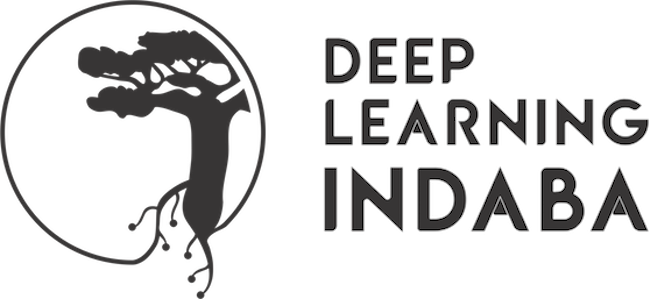This year’s gathering in Dakar was electrifying, inspiring, and filled us all with hope for the future of AI in Africa. I am still buzzing from it. Through the Deep Learning Indaba, we have collectively created a thriving community of AI researchers, builders, and practitioners. The growing Indaba community and our gatherings demonstrate that Africa has no shortage of AI talent, creativity, or innovative trailblazers. I am honoured to be part of this thriving community. This thriving community not only showcases the breadth and diversity of work taking place across the continent, but also research par excellence that the rest of the global AI community can learn from.
In this letter though, I want to challenge us all to think more critically. As we grow, develop, and mature as a community, leaving space for healthy self-criticism is key to self-improvement. After all, the capacity for healthy critical self-reflection is a mark of a healthy community and a prerequisite to identify weaknesses and limitations within so that we can work to develop remedies.
There is no doubt that the AI industry is at its peak hype-cycle. AI tends to be unequivocally equated with benefits, advantages, advancements. In reality, many of these potential benefits and advantages remain just that: a potential. Ample evidence, on the other hand, shows that most deployed systems fall short of these promises. Current AI technologies in general inherently encode and exacerbate societal injustices; are exacerbating environmental destruction due to insatiable energy and water needs; and are built on the backbone of borderline illegal data harvesting practices and exploitative labour. Without intentional design that addresses power asymmetries, historical and current injustices, and legacies of white-supremacy and coloniality, the mass development and deployment of AI technologies continue to widen the global inequality gap, which we generally find ourselves at the receiving end of.
AI research is hyper-connected across the globe where practices, norms, and ideas change from one community and continent to another, making a distinct African AI research vision a bit amorphous. However, in the midst of our day-to-day grind, we must zoom out every now and again and reflect on the larger vision for our community and continent. As Indabaians, what distinguishes our contribution from others? What are our values? Are we only following the global trend — currently steeped in hype, harm, and injustice — which tends to result in short and long-term negative downstream impacts? How are we ensuring that we are contributing to a technological future that serves those at the very margins of our society? How is what we are doing answering the needs of our community? And most importantly, are we producing work that gives the facade of benefits while exacerbating inequity and serving authoritarian regimes or big tech industries?
As a community that is at the forefront of AI research and practice in Africa, we have to grapple with not just the potential benefits (that may actually never come) of these news suits of technologies, but also carefully navigate the harms, risks, and downstream impacts. Especially given that our own communities tend to pay the highest price for the failures, limitations, and downstream impacts of AI technologies. The pan-African visions our current and past intellectual giants have set out should guide our picture for the future of AI in Africa, built by Africans, that benefits Africans. Let’s look to revolutionary thinkers such as Cheikh Anta Diop, Steve Biko, Thamsanqa Kambule, Grace Alele-Williams, Thomas Sankara, Wangarĩ Muta Maathai, Kwame Nkrumah, Sylvia Tamale to guide our vision and work.
– Abeba Birhane, 2023- 2024 Chair of the Deep Learning Indaba’s Awards Programme. October 2024.
